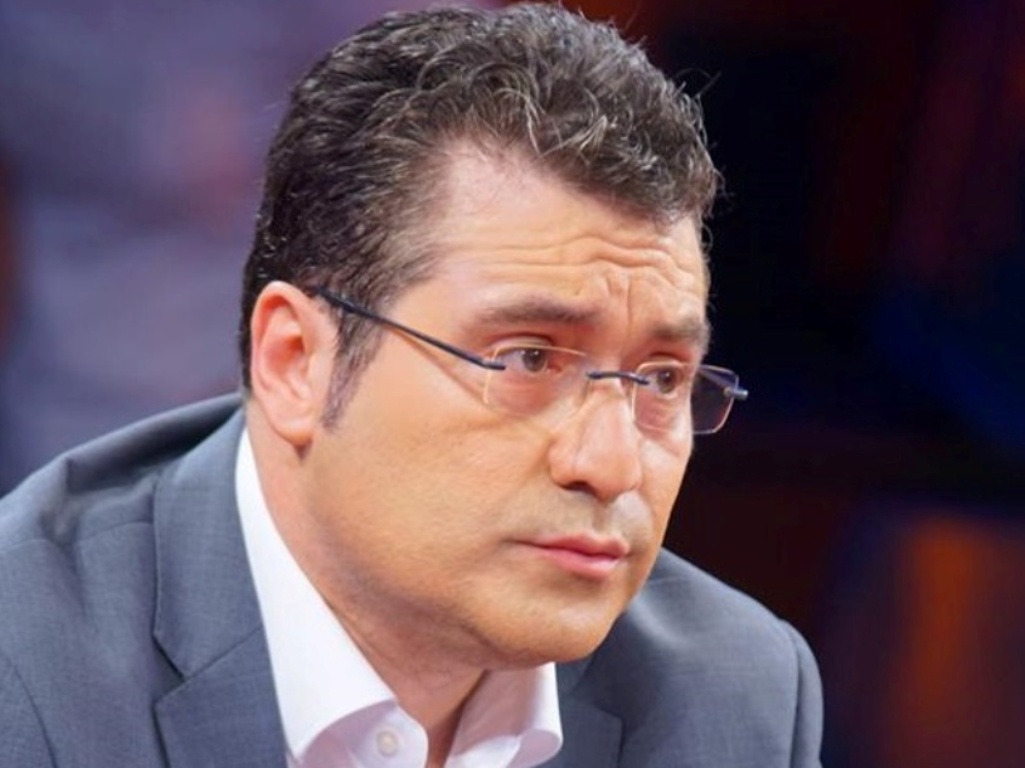
By Skënder Minxhozi
Even this time, he didn’t reveal any names for ministers, because he keeps them in his mind, with the morbid pleasure of a man who controls something that the others don’t, but who knows that they want it. Well, your curiosity about the governing cabinet should wait until after the elections! Yesterday, Edi Rama came out in public, not with his usual photos of Urban Renaissance or the lovely Amarcord characters, but with a long list of names, which at first glance, mean nothing. All the names of the list, as it was said on the report accompanying it, are part of the denouncements made by the general public on the section that has been opened by the Prime Minister on the suggestions and complaints that relate to governance in the next four years.
Officials of the water supply system of Koplik, doctors in Memaliaj, employees of the property registry office in Gramsh or customs inspectors in Kakavija and everywhere else where there’s a border crossing point. Customs and property registry offices dominate. In other words, nothing new, when it comes to the perception of the Albanian public about the state’s offices!
First of all, it must be said that the Albanian Prime Minister is keeping a commendable aggressive profile against abusiveness in the administration, in central and local government. This proactive stance relates to the election campaign, where he talked about the so called “pan” and its negative impact in the country’s affairs, but also the fact that Edi Rama feels a need to work into making the government that he leads a “cleaner” one, as a guarantee that this governance will last longer and will be more stable, in circumstances when he has neither SMI, nor PJIU to blame for the different failures.
Rama is promising to heed Albanians and we must tell him “better late than never”. We have no right to prejudice him, but we it’s in our sovereign right to judge him.
In this aspect, Rama’s black list consists of an exercise which in principle, is commendable, but it’s also associated with dilemmas. His incentive does not intend to protect some officials, which we know how incriminated they are, but it relates to the seriousness of the state in a real fight and not a theatrical type fight against corruption and corrupted people. We want and we urgently need a deep and serious process which tackles all the state structures. A process which is in line with the final scope of the judicial reform and which remains engraved for months in the famous phrase of commissioner Johannes Hahn “we’re expecting to see the big fish”.
If that list has names of people who are incriminated in violations and criminal or administrative offenses, which seems to be the most plausible option, all of this must be proved in a legal way and not through public disclosures. Rama’s Basha’s, Meta’s or Berisha’s accounts in social networks are an unusual podium. Hundreds of thousands of Albanians attend these virtual squares, where thousands of clicks, comments and reactions clash. To end up on the Facebook black list of the Prime Minister is not only unpleasant, but completely frustrating, especially if you are paid by the public sector and when you live in a country where gossip spreads with the speed of light and the truth walks with the turtle’s step. Honorable Prime Minister, although that list may be full of abusers (alleged), this must be proven in the court of law. In that poor court which we have waited for years to see it free of those abusers, who may be bigger abusers than the head of the water supply system of Leskovik or the head of the train station in Perrenjas.
The Prime Minister’s black list has a camouflaged aspect of fatality inside of it. And the reason is very simple. By throwing on the media a list of names with low level employees, the list confirms that the more you step up on the hierarchy, the less effective this incentive is. This is an old illness, which has also been confirmed by this new incentive. The low level of post and responsibility that the people mentioned on the list hold, reconfirm the idea that the big fishes that Johannes Hahn mentions once again remain out of reach.
Rama is attacked on a daily basis in social networks. Along with him, people attack his ministers, MP, but also the opposition, with accusations dating back to the time it was in power. It would have been a very good thing if this public outrage was reflected a little on the list that we are commenting. It would have made it more credible and more real, although it could have affected the ambitions of some candidate for cabinet minister or senior official of the new government. This missing self-cleaning exercise leaves the incentive in question in the claustrophobic borders of a temporary attempt rather than act as a new and different start from the ones that we have seen these years. However, Rama is still on time to show us how serious he is about the fight against abuse and corruption. He has promised us that the hunt has just started and now that he has the “steering wheel” for himself, things will go different. Let’s see…
Note: The views expressed in this article are the author's own and do not necessarily reflect Albanian Free Press’ editorial policy
